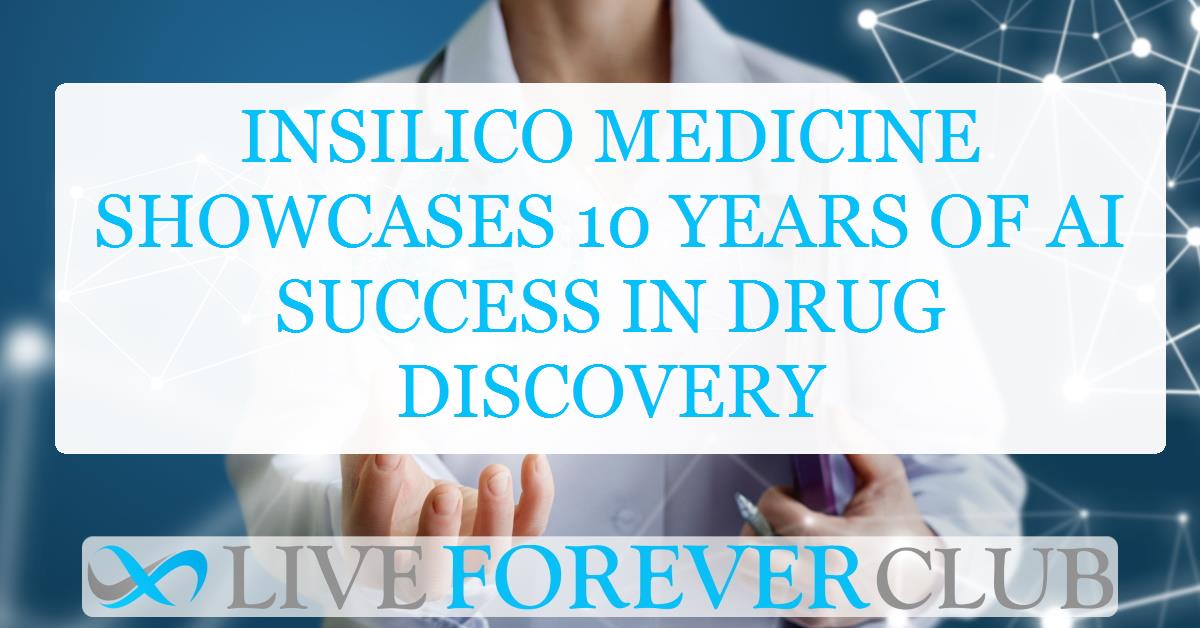Key points from article :
Alex Zhavoronkov, CEO of Insilico Medicine, reflects on a decade of using generative AI in drug discovery, highlighting both advancements and challenges. Insilico Medicine's early work included a 2016 paper on AI for molecule generation and a 2019 study validating this through animal trials.
Despite these efforts, the AI drug discovery sector has faced significant consolidation, with many startups failing or shifting to traditional biotech models. Zhavoronkov criticises the financial hype that surrounds AI drug discovery, noting that substantial funding often does not lead to tangible results or new drugs entering human trials.
The article argues that while media coverage of AI breakthroughs can educate the public, financial hype can lead to failed expectations and wasted resources. He emphasises the importance of assessing AI drug discovery companies based on their actual achievements and milestones rather than their media presence or capital raises.
Zhavoronkov provides benchmarks from Insilico Medicine, noting that their AI software suite, Pharma.AI, has been used successfully by major pharma companies and has led to multiple drug candidates advancing to human trials.
He concludes that while generative AI has the potential to significantly speed up drug development and improve success rates, proving its value requires clear, documented results and regulatory approval.
Zhavoronkov anticipates that genuine progress with AI in drug discovery will become evident in the next few years, between 2026 and 2029, and hopes future accounts will chronicle the impact of deep learning in this field.






